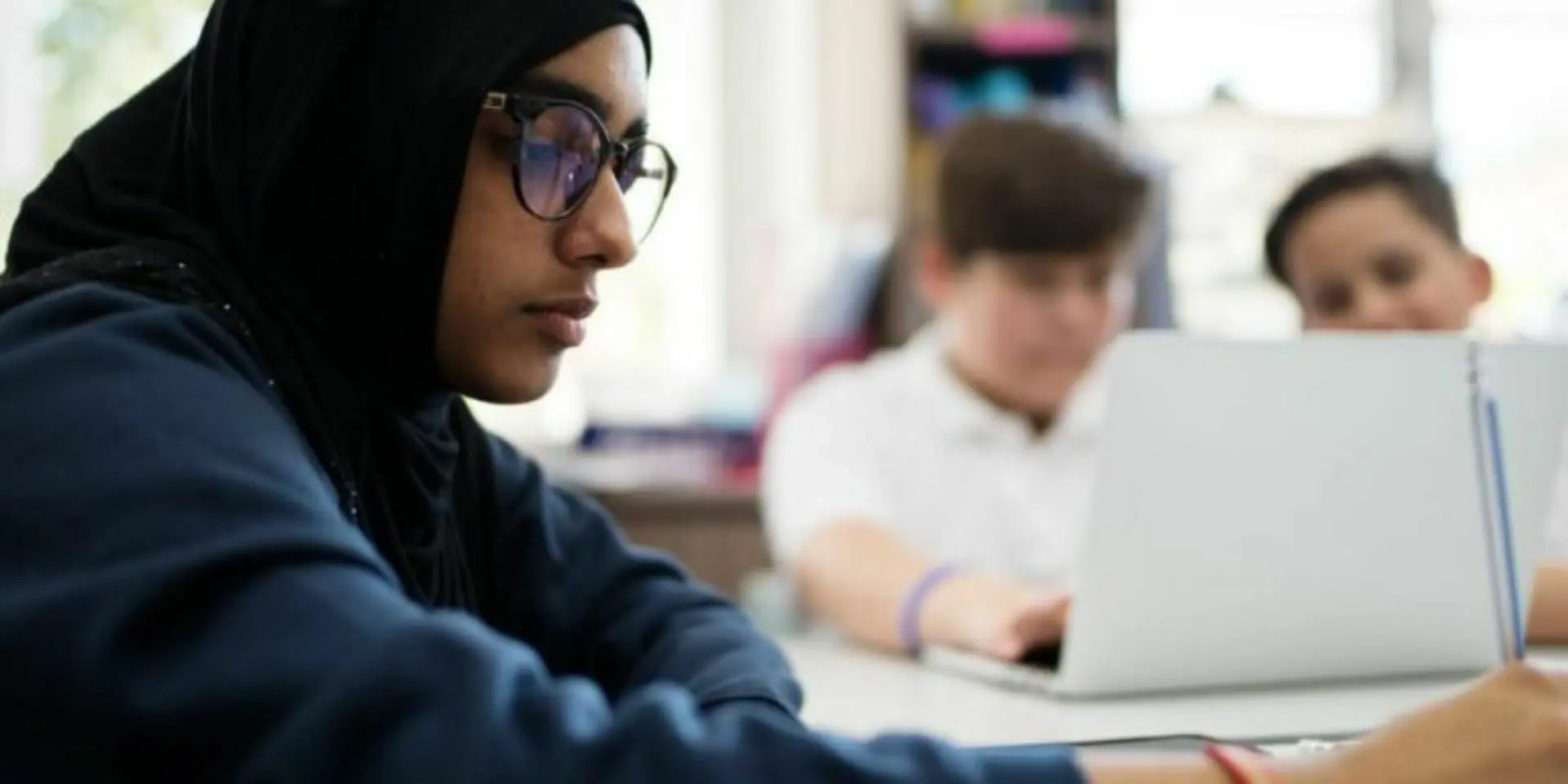Blog
·Multilingual Ponderings

It’s funny how we sometimes react to other people speaking in different languages and the assumptions we may sometimes make about those people. I know; I’m trilingual and remember hearing not only English, but Urdu & Panjabi in our home. Growing up, it was just normal for us to do so. Looking now through my eyes as a mother myself, with the struggle to get my youngest fully bilingual, I now appreciate how much effort my parents made to ensure our fluency in our heritage languages.
As a teenager, I would be embarrassed if my mum slipped from English into Urdu whilst out and about shopping; previous experiences of dirty looks or even rude insults from onlookers would lead me to wish I could tell mum to just speak in English.
However, nothing could compare to the day in school in the late ‘80s, when a fellow classmate declared during the lunch break, whilst pointing at me in front of a large number of our classmates “You know, her mum is illiterate, she can’t even read or write in English!” I can vividly remember the red embarrassment of my flaming cheeks and the anger I felt at this verbal assault. I tried in vain to tell my classmates that my mum was actually fluent in English and she could indeed read and write in English.
Luckily, one of my friends had the foresight to speak to a teacher who invited me and my classmate to sit together to discuss the comment. Through doing so, we were able to discover how she had in fact mixed me up with another pupil and, more importantly, how no one should be so unkind about anyone’s parents or spread such comments.
This incident has always stayed with me and led me to explore my interest in literacy, EAL & ESOL. It’s something that we as English speakers do. Sometimes we unconsciously devalue other languages, not realising how much effort it takes to speak two or three languages. Or even how students of other languages feel when they are mocked for speaking in their native languages. It’s important as educators and teachers to support our students and their parents by valuing the rich language diversity they possess.
If you know someone who’s bi- or trilingual but struggles to speak in English, contact the following organisations to see how they can help:
https://www.mcls.ac.uk/courses/english-for-speakers-of-other-languages/
If you feel like you want to learn more about our intervention programmes check them out here or if you’re looking for advice, get in touch.